Lean meats, whole grains, low-fat dairy, and fruits and vegetables are all important components of a kidney-friendly diet. It must to be minimal in fat, cholesterol, and sodium as well.
Blueberries
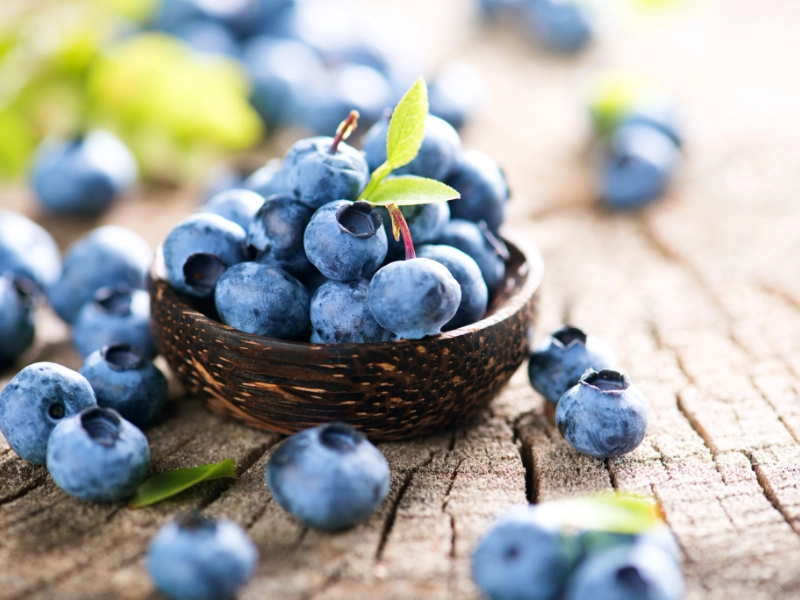
Antioxidants and vitamins that promote health abound in blueberries. They are minimal in calories and, according to the Aggregate Nutrient Density Index (ANDI), a cup of lowbush or farmed blueberries has 9,019 antioxidants. Blueberries may lower the risk of cancer, assist regulate blood sugar, and enhance cognition.
Blueberries include antioxidants that stop cholesterol from oxidising, which supports heart health. They are a fruit that is good for the kidneys because they are low in salt, potassium, and calcium.
The sea bass
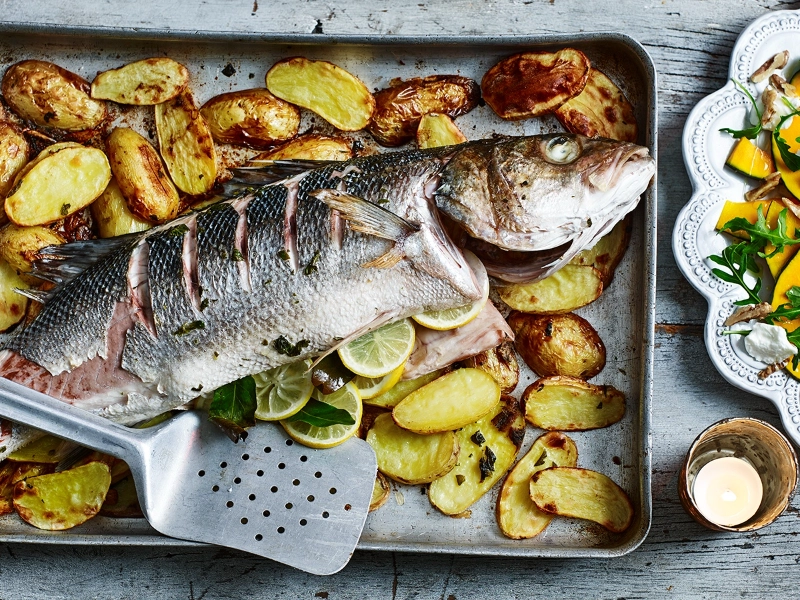
Chefs always use giant sea bass because of its tasty flesh and shiny skin. It has the same healthful omega-3 fatty acids as other fish, which may help lower anxiety, inflammation, and cognitive loss. It is also appropriate for dialysis patients due to its low phosphorus content.
This premium protein source, which comes in both black and Chilean sea bass varieties, is low in phosphorus and salt, making it a great option for anyone receiving dialysis. Just keep in mind to eat smaller portions.
Pineapple

Because pineapple has less potassium, it is a good diet for kidney patients who need to watch their potassium consumption. Additionally, it contains bromelain, which aids in the breakdown of protein and is crucial for those with renal failure who must limit their consumption of protein.
Citric acid, which is abundant in pineapple, aids in the prevention of kidney stones, particularly those containing calcium oxalate. It's also a strong source of manganese and vitamin C.
Cranberries
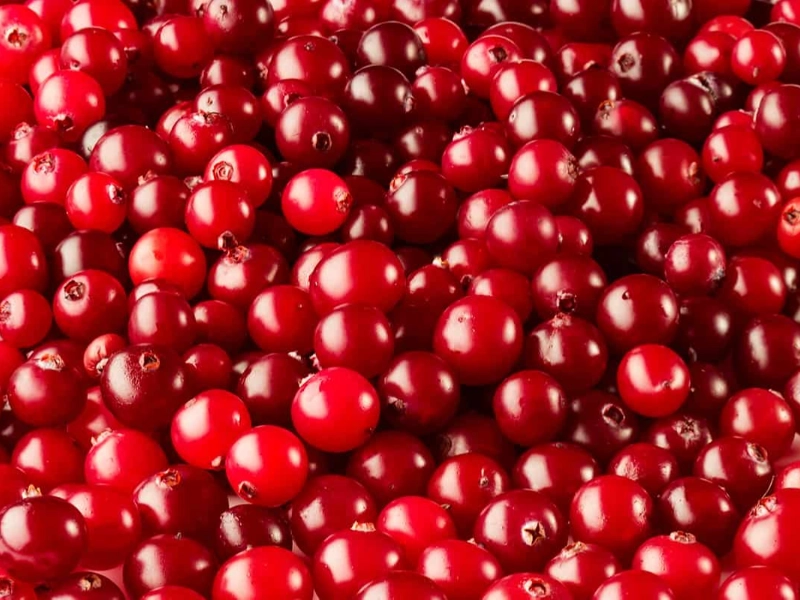
A lot of us have received advice to consume cranberry juice in order to reduce the risk of urinary tract infections (UTIs). They do, in fact, lessen the chance of bacteria sticking to the urethra and bladder.
Proanthocyanidins and flavanol polyphenols are two types of phytochemicals that are abundant in cranberries. These substances aid in maintaining renal function and removing the body's excess calcium oxalate.
Rich in polyphenols, which enhance hormone production, aid in waste filtration, and promote blood flow, is another benefit of the sweet-tart fruit. They might potentially aid in heart disease prevention.
Tomatoes
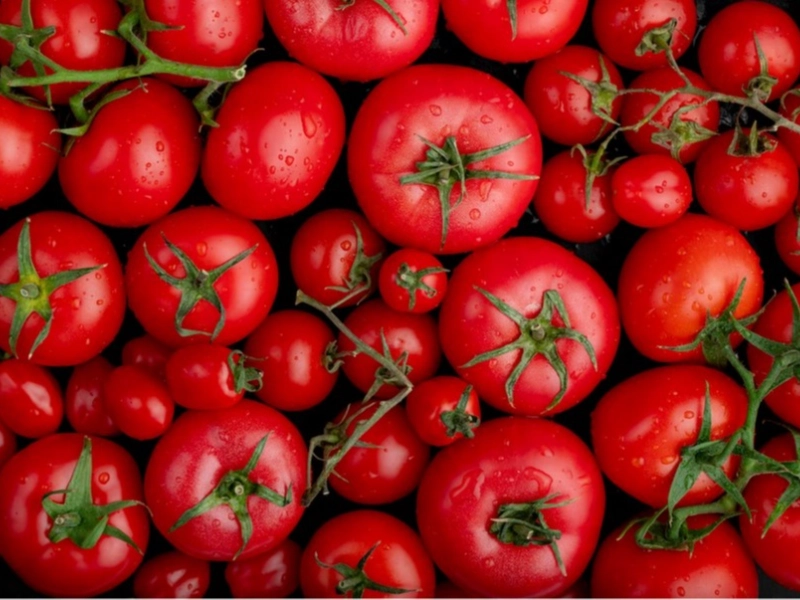
Tomatoes are rich in vitamins and minerals and are classified as a fruit in the botanical sense, but they are typically prepared and consumed like vegetables. They provide vitamin C, potassium, and folate in addition to being the main dietary source of the antioxidant lycopene.
Tomatoes have less than one gramme of fat and very few carbs. Tomatoes enhance bone health and reduce harmful cholesterol, which is good for the heart. They aid in fluid balance and blood pressure regulation as well.
Avocados
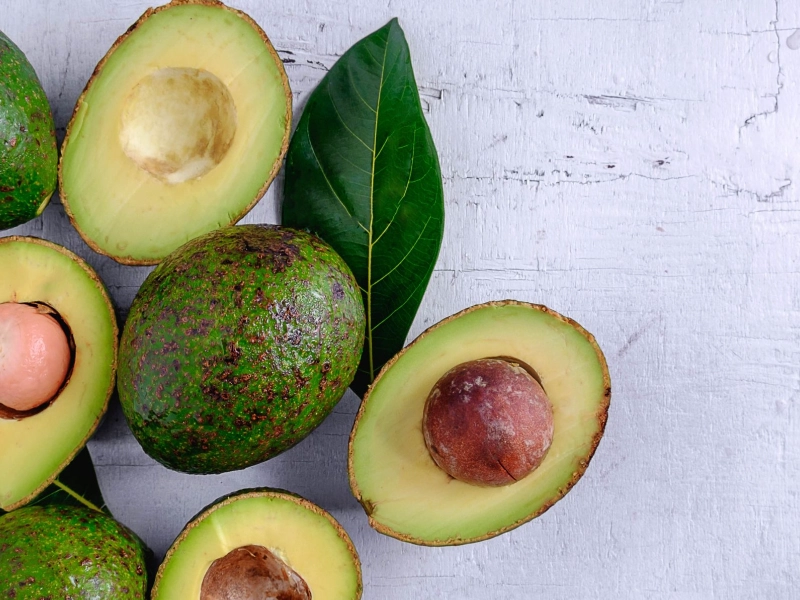
Although they are frequently presented as fruits, avocados are technically berries with a single seed according to botany. They include lots of fibre, B vitamins, and good fats. Additionally, they have plant sterols, which lower cholesterol.
They are an excellent source of potassium, which may help avoid vascular calcification, a frequent side effect of renal and heart illness. Aim to include half a cup of avocado in your diet every day.
White Eggs

Egg whites are a good source of protein without added fat or calories to your diet. It also reduces your consumption of phosphorus, a mineral that individuals with kidney disease should try to restrict.
Egg whites are available in liquid or powder form in the refrigerated department of your local grocery store. To lower your risk of contracting Salmonella illness, look for pasteurised choices, regardless of the type you select.
Garlic
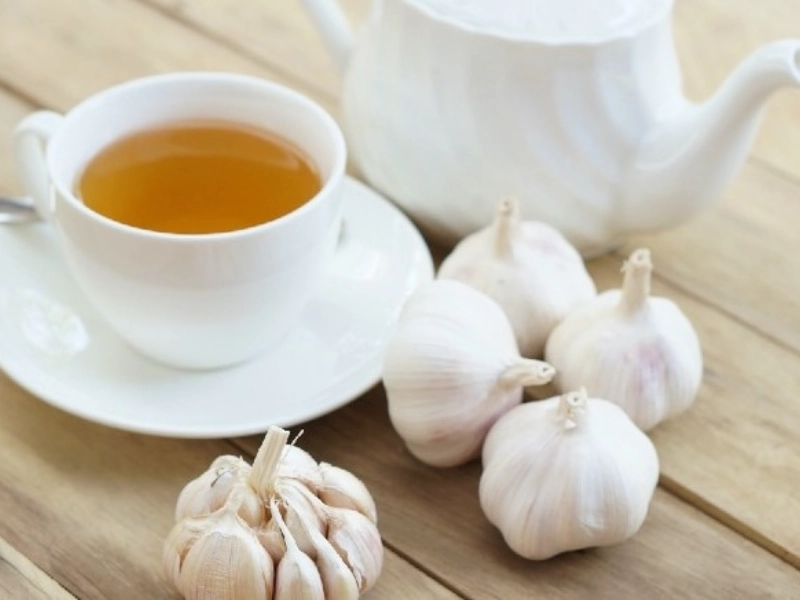
One often used culinary ingredient that has several health advantages is garlic. Its anti-oxidant qualities aid in lowering blood pressure, enhancing blood flow, and reducing oxidative stress.
Additionally, because garlic contains diuretics, it can assist kidney disease patients urinate out extra minerals and poisons from their bodies. It is low in potassium and can be cooked, added to a salad, or eaten raw with a dip.
Buckwheat
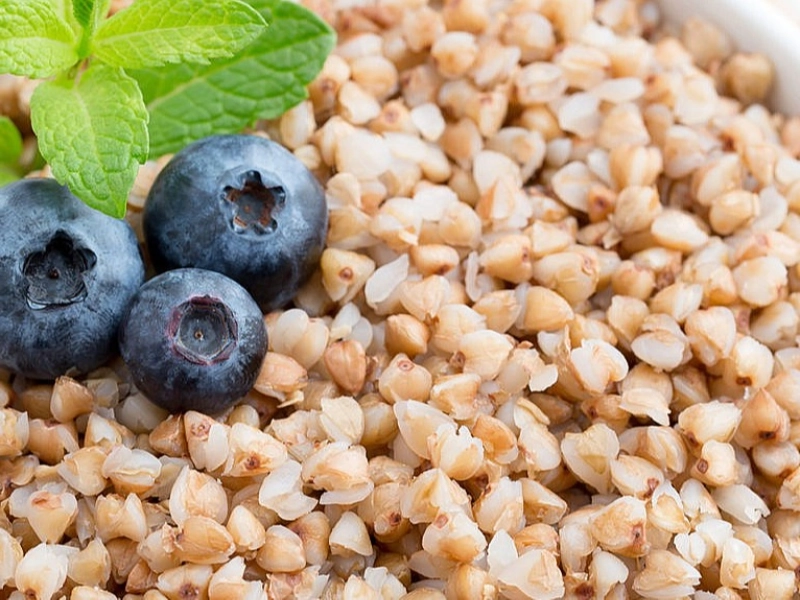
Buckwheat is rich in fibre and low in phosphorus. It also contains iron, which increases the blood's ability to carry oxygen and helps avoid anaemia. Additionally, it is a good source of manganese, copper, and vitamin K.
Buckwheat contains plant compounds called quercitin and rutin, which may help prevent heart disease. By lowering fluid retention, they also assist in lowering blood pressure. They include D-chiro-inositol, a special kind of soluble carbohydrate that helps control diabetes. Buckwheat contains lecithin, which facilitates the optimal function of liver cells. It also lowers the risk of IgA nephropathy and stops the fatty degeneration of the liver.
Advertisement
Recommended Reading: What to Eat While Trying to Get Abs

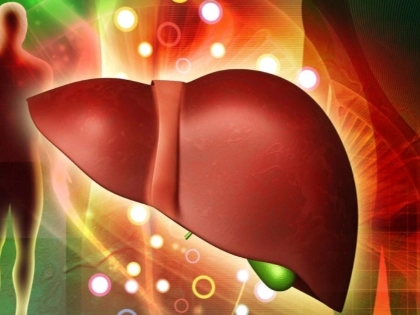

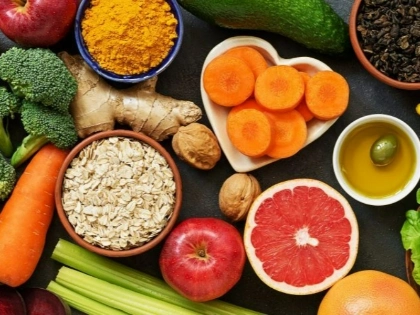
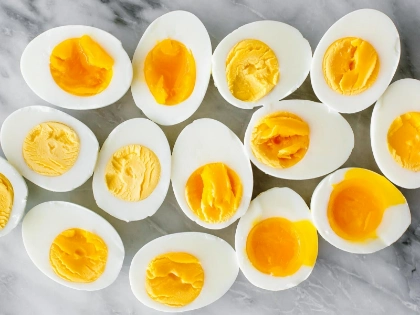

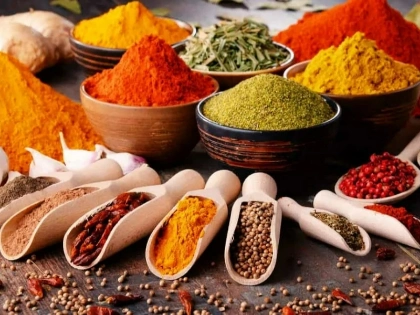


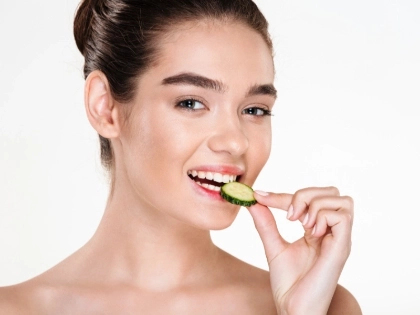
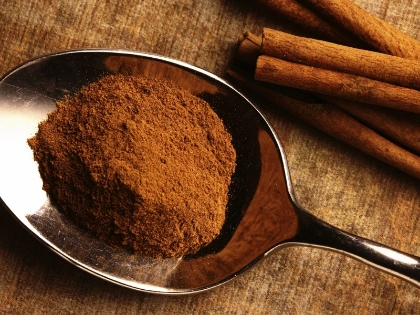
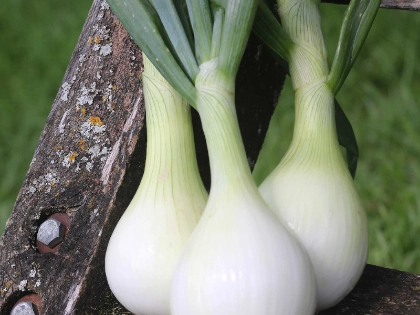
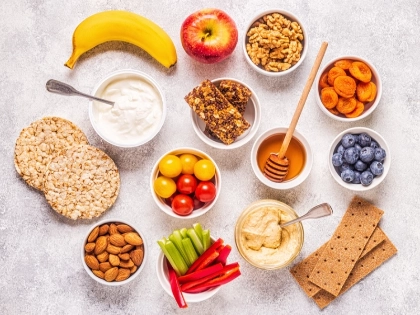


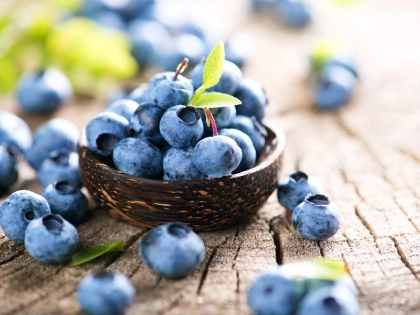





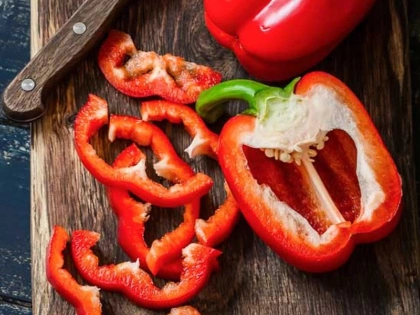

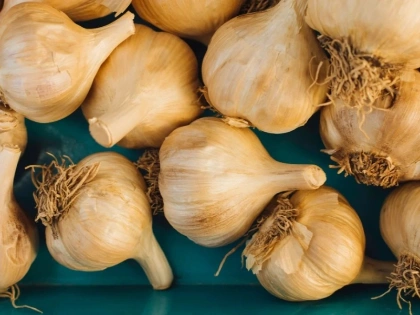
Comments
Leave a Comment
Your email address will not be published. Required fields are marked *